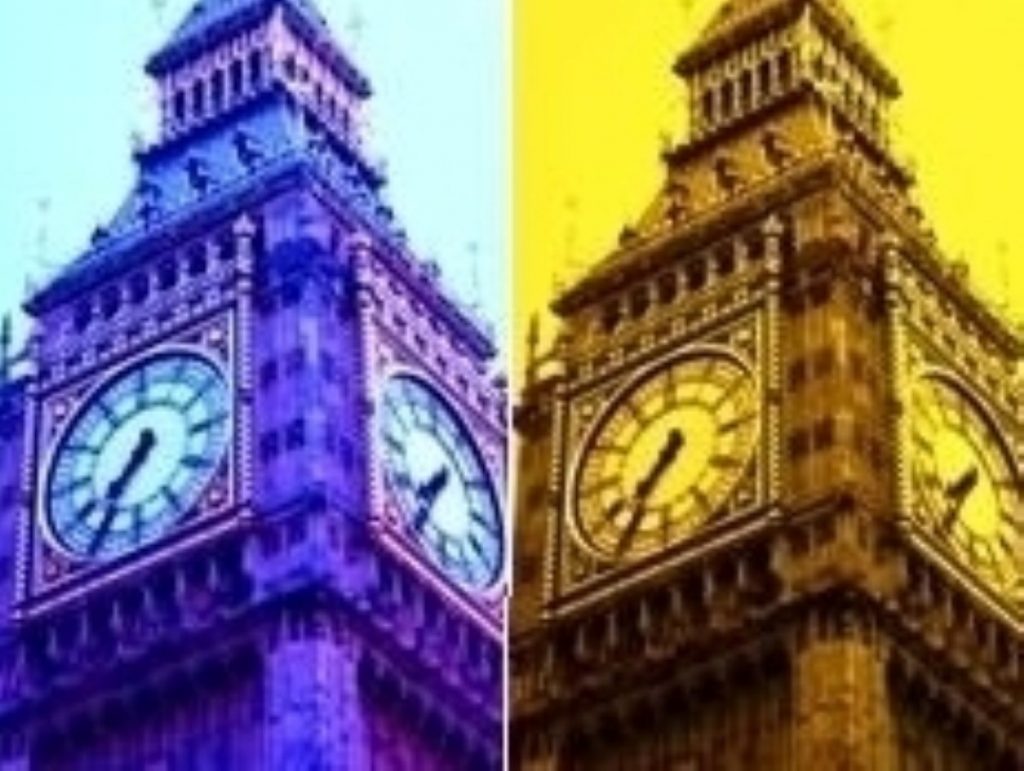A mandate for cuts? I don’t think so
By Alex Stevenson Follow @alex__stevenson
George Osborne claimed in the Commons this afternoon that the coalition government parties "got elected", and so have a mandate for cuts. But that's simply not true, is it?
His claim came in answer to a question from Julian Lewis. "If the Greeks can have a referendum on Europe, why can't we?" he asked.
The chancellor explained that the Greek prime minister was proposing a referendum on the need to make awkward spending cuts.
The situation in Britain was different, he suggested, because "we talked about these things in advance of a general election. Two parties talked about these difficult decisions. We got elected, we're in government and we're now doing it".
Let's be clear: that is not the case. The Conservatives did not get elected to form a government in the 2010 general election. Nor did the Liberal Democrats. They chose to form a coalition days after polls had closed.
Osborne's answer to this might be that, although neither party won an overall majority, they both had a firm deficit-reducing stance during the general election. To the extent that is true – the reality is that Vince Cable was fairly on the fence between Labour and the Tories' positions – he might claim that a majority of the electorate had voted for parties which supported a rapid, drastic deficit reduction strategy.
But this won't quite wash. "Voters who supported the Liberal Democrats because they believed it would vote, as it promised… for a slower reduction of the deficit… have good reason to feel aggrieved," writes Professor Vernon Bogdanor in his book The Coalition and the Constitution. He argues that the doctrine of the supremacy of the coalition agreement over party manifestos, which are reduced to mere "bargaining chips", has inherent problems which won't go away in a hurry.
He suggests that parties should set out their negotiating terms with other parties before the general election, rather than after it. A sensible idea, you might think, which would help mitigate the constitutional downsides of hung parliaments.
Unfortunately it's unlikely to happen, In 1992, Paddy Ashdown had said he wouldn't back a Tory government – so John Major squeezed the Lib Dems by saying a vote for them was a vote for Labour. "Clegg," Prof Bogdanor writes, "was maximising his electoral support by refusing to make a commitment before the election".
This is one of those thorny questions which doesn't look like it's going to be resolved just yet. Just because there's no answer so far is no excuse for letting Osborne getting away with his claims of a mandate, however. He's wrong – and not enough people are picking him up for it.





-01.png)